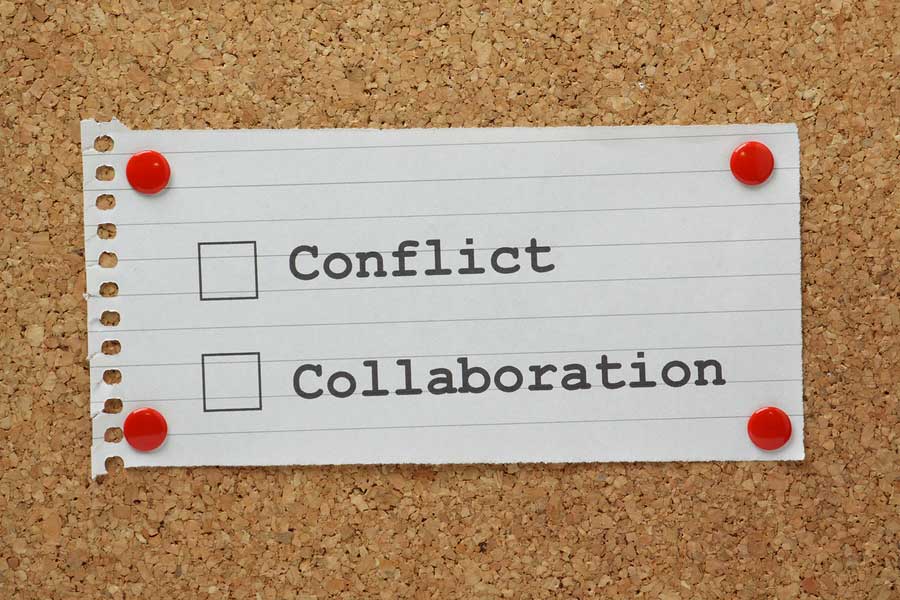A term that is increasingly used in California divorce and custody cases is, “Parallel Parenting”. It ties the space between cases with little to no-conflict and cases that are full of conflict and disagreement. In high conflict cases, communication and co-parenting between spouses can be minimal or non-existent. This is where parallel parenting comes into play.
Parallel parenting is the practice of effective parenting without the traditional co-parenting and communication aspects that normally take place between two parents. It allows them to operate completely independent of each other while avoiding any discussion and minimizing communication. Each parent manages their parental decisions while the children are under that parent’s care. This concept gives each parent control over their own parenting responsibilities. Any communication is usually handled as “strictly business”, oftentimes proctored through a 3rd party. Direct voice communication between the parents is normally avoided unless there is an emergency or other serious issue.
Primary Goal of Parallel Parenting
Some people feel that parallel parenting avoids conflict altogether, but reality dictates that the total elimination of conflict isn’t feasible. The true goal of parallel parenting is to avoid conflict in front of the children are negatively affected.
Possible Case Scenarios
Cases with deep rooted conflict in combination of other issues affecting one or both parents prohibiting them from effectively caring for their child(ren) may be solid candidates for parallel parenting. A few examples:
- One or both parents continue to harbor resentment resulting from the separation. This affects the ability to willingly co-parent
- There is a complete lack of respect between the parents resulting in a refusal to co-parent.
- Intense emotion between one or both parents, which inhibits effective communication.
Introducing a 3rd Party
In cases with extreme conflict, the court may appoint a parenting coordinator, either by mutual agreement or court order. These coordinators are assigned duties and privileges to oversee the parenting and assist with minimizing conflict. Parenting coordinators do not perform any psychological examinations of the parents, nor do they submit custodial recommendations to the court. However, they do report to the court in instances where one or both parents are being unruly or interfering with each other’s parenting. Reporting also occurs when there is conduct taking place which places the children in harm or doesn’t align with their best interests.
Domestic Violence or Child Abuse
The purpose of a parallel parenting plan is not to keep the parents away from the children, rather to keep the parents away from each other. In cases where physical abuse toward the child has occurred, keeping the parents away from each other won’t protect the child from future abuse. In physical and emotional abuse cases, supervised visitation may be an appropriate option.
The Necessity for Specific Details
Due to the nature of parallel parenting, parents cannot rely on regular communication. The court’s child custody order must eliminate as much communication as possible. With a traditional child custody order, holidays and vacation schedules, for example, allow a certain amount of freedom for the parents to work out details. A parallel parenting plan and custody order needs to incorporate more detail due to this absence of communication. The details may include specifics associated with dates, times, locations, cancellation procedures, transportation as they all relate to visitation and custody of the child(ren) involved.
If your situation involves an extreme amount of conflict between you and your spouse, it’s possible that a parallel parenting plan could be beneficial for your entire family. Feel free to contact us to discuss specifics and determine if it’s something to benefit from.
